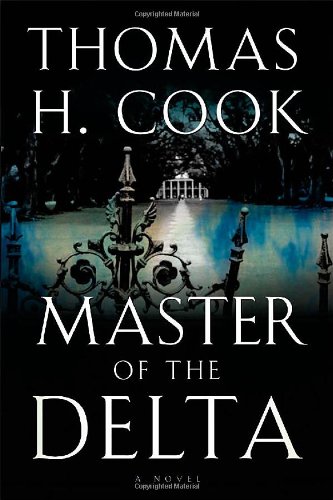Master of the Delta
Jack Branch is the last member of an old Mississippi Delta family. He returns to his roots to teach high school, as his own father did, as a way not only of giving service to the community but also to satisfy his own need to nurture and mentor—to make a difference in someone’s life. His most innovative class is one that explores evil throughout history.
Most of his students are from the wrong side of the tracks, and an undercurrent of class tension runs through all his interactions with his students. But that’s not the only strange undercurrent: one of his students—the one he especially selects—is the son of a man who was convicted of a brutal murder, and who was actually the student of Jack’s father.
Cook’s style is very quiet, reminiscent of Kazuo Ishiguro in its subtlety and understatedness, but ultimately he lacks Ishiguro’s sense of drama. Time and again, he sets us up for some earth-shattering occurrence or dramatic turn that does not come about. While the novel is very atmospheric, it fails deliver on its initial promise, and the ending leaves the reader a little flat.
Nonetheless, Master of the Delta is well worth reading both for its evocation of a time (the 1960s) and place, and for the quality of Cook’s writing.










